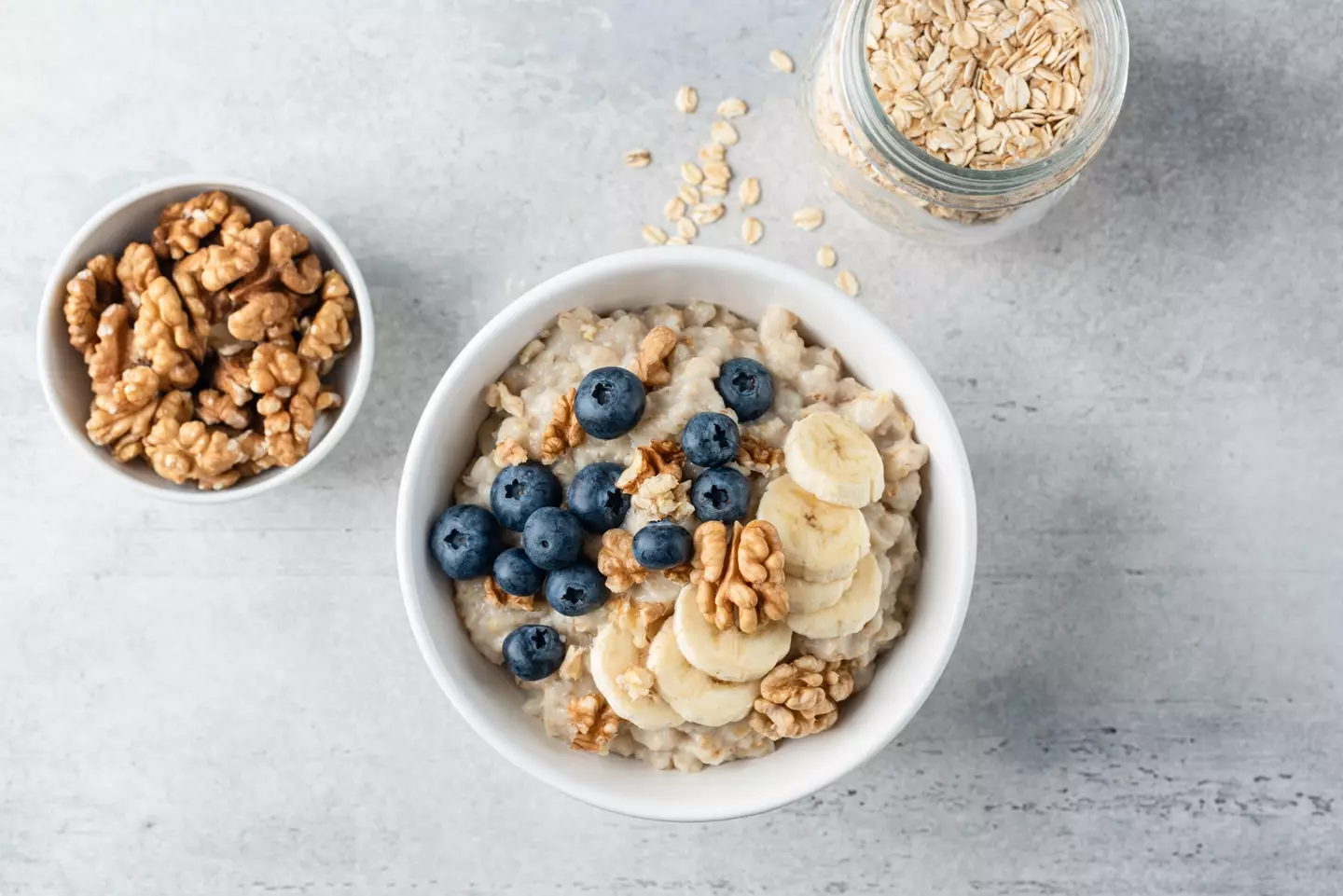Few things can sour your morning more than waking up with a bloated stomach.
If you frequently wake up feeling bloated and have less than three bowel movements a week, you may be experiencing constipation – and it’s not necessarily a call to down gallons of coffee.
Constipation is a common issue, affecting around four million Americans regularly, according to John Hopkins Medicine.
It’s one of the most widespread gastrointestinal complaints, leading to 2.5 million doctor visits annually.
Luckily, two medical experts have provided their insights on combatting constipation.

Dr. Felice Schnoll-Sussman, a gastroenterologist at Weill Cornell Medicine, and Dr. Ekta Gupta, an associate professor of medicine in the department of gastroenterology and hepatology at Johns Hopkins University, have shared their top advice with TODAY.com.
One effective strategy for ensuring regular bowel movements is maintaining a consistent wake-up time each day.
Dr. Gupta explained: “Differences in sleep patterns can impact the colon contractility, which can contribute to constipation.”
Dr. Schnoll-Sussman recommended allowing yourself enough time in the morning to have a bowel movement.
She pointed out that many people rush to work and then either lack the time to use the bathroom during the day or prefer not to have a bowel movement at the office.
Incorporating a hot beverage into your morning routine could help. Dr. Gupta suggests drinking tea, coffee, or even warm water with lemon.
Dr. Schnoll-Sussman elaborated: “Warm liquids can actually allow relaxation of some of the gut and facilitate a bowel movement.”

Drinking water first thing is also beneficial, as it keeps you hydrated and aids bowel movements.
However, it’s essential to listen to your body regarding caffeinated drinks.
Dr. Schnoll-Sussman cautions that caffeine is a stimulant and can help trigger a bowel movement for some, but may act as a laxative for others.
Following your hot drink, the experts suggest engaging in light exercise to assist your bowel movement.
A brisk walk or some yoga could make a significant difference. Dr. Schnoll-Sussman also recommends the yoga pose Pawanmuktasana, known as the ‘wind-relieving pose.’
To perform this, lie flat on your back, gently bring one knee to your chest while extending the other leg, then switch legs. Finally, gently hug both knees to your chest.

Fiber plays a crucial role in combating constipation by promoting a healthy balance of bacteria in the digestive tract and regulating blood sugar, which helps you feel full longer.
The doctors recommend breakfasts rich in whole grains, such as steel-cut oatmeal, high-fiber cereal, or Greek yogurt topped with whole-grain granola.
Adding fresh fruit, nuts, and seeds can provide an additional boost of natural fiber.
Raspberries, blueberries, and pears are highly recommended.
Stress is another factor that can significantly impact your digestive system.
Dr. Schnoll-Sussman suggests stress-busting strategies like diaphragmatic breathing to remedy this issue.
When it comes to bathroom habits, don’t force anything.
Dr. Gupta warns that unnecessary straining can lead to hemorrhoids, and advises against taking your phone to the bathroom.
The experts also recommend two types of supplements to aid gut health.
Probiotics, when used routinely, can help “alleviate constipation, improve stool quality, soften stools and relieve symptoms like bloating and gas,” says Dr. Schnoll-Sussman.
Surprisingly, apple cider vinegar is the second recommendation, but it should be used cautiously.
Dr. Gupta warns that “excessive consumption may be harmful [because it can cause] nausea and acid reflux symptoms.”
If constipation persists or there is a significant change in bowel movements, it is advisable to consult a doctor.

